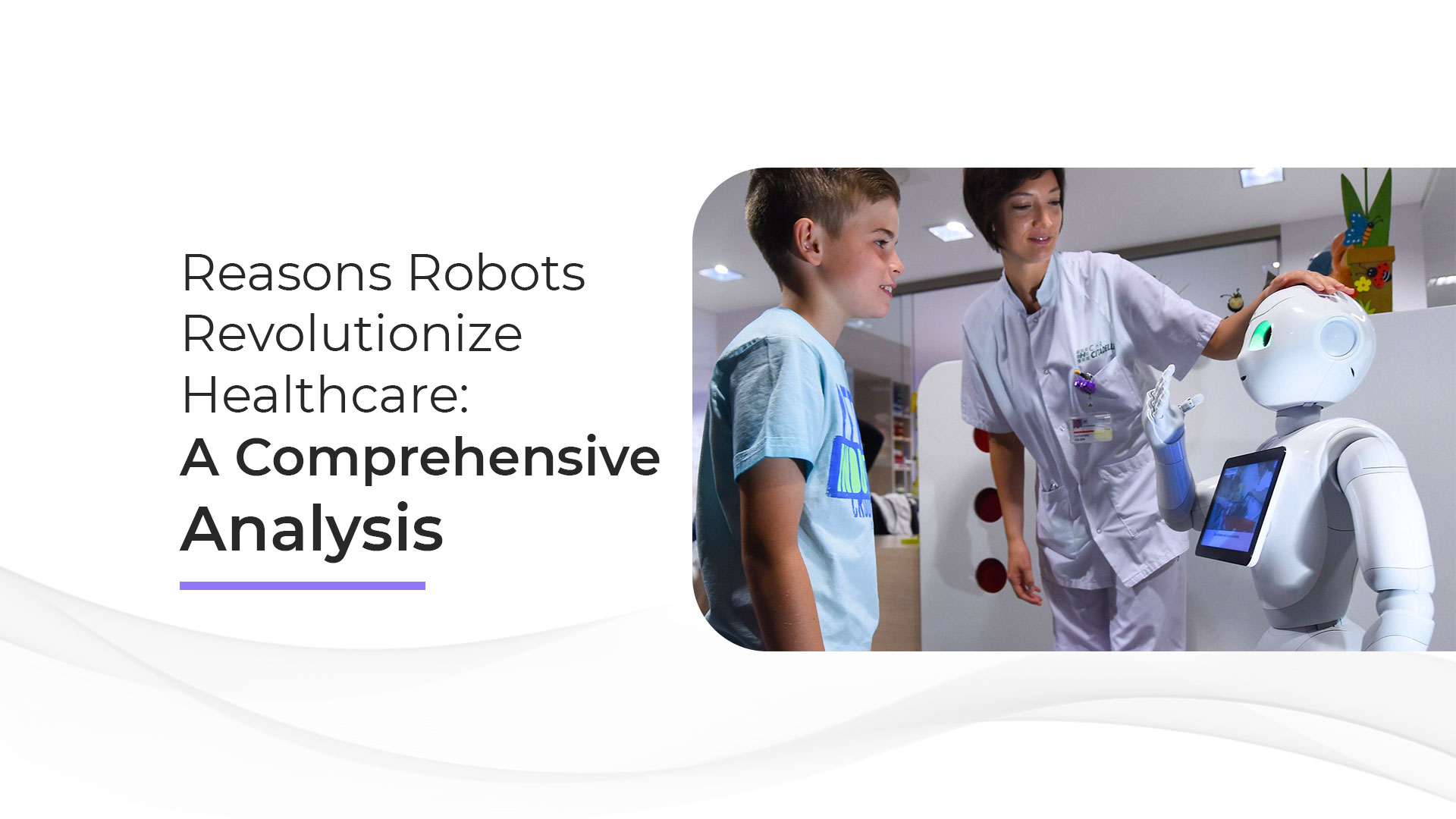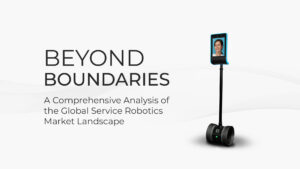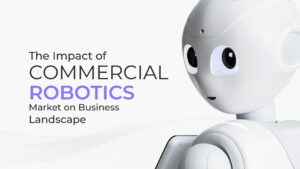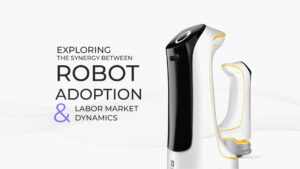In the ever-evolving landscape of healthcare, a silent revolution is underway, and it’s being led by robots. These mechanical marvels are reshaping the way we approach medical care, from intricate surgeries to personalized treatments. In this comprehensive analysis, Our Experts at Proven Robotics will delve into the top 25 reasons why robots are used in healthcare and how they’re revolutionizing it.
Table of Contents
Enhanced Surgical Precision and Accuracy
1. Surgical Robotics
Robotic systems are ushering in a new era of surgical precision. Surgeons wield robotic arms to perform intricate procedures with unmatched accuracy, resulting in better outcomes and shorter recovery times.
2. Microsurgeries
Robots are making the impossible possible at a microscopic level. These mechanical marvels enable surgeons to perform delicate microsurgeries with reduced human error, pushing the boundaries of medical excellence.
Improved Patient Care and Safety
3. Patient Monitoring
Robots serve as vigilant guardians, continuously monitoring patients’ vital signs. Early detection of abnormalities allows medical professionals to intervene promptly, improving patient outcomes.
4. Medication Management
Robots take on the role of precise pharmacists, accurately dispensing and administering medications. This advancement reduces errors, ensuring patients receive the right treatment at the right time.
5. Fall Prevention
Robots are stepping in to prevent falls and provide support to patients. By monitoring movement and offering assistance, they enhance patient safety and reduce the risk of accidents.
Efficient Healthcare Delivery
6. Automation of Routine Tasks
Robots are more than just assistants; they’re administrative powerhouses. Automating routine tasks like reception solutions, data entry liberates healthcare professionals to focus on direct patient care, enhancing overall efficiency.
7. Streamlining Workflow
The gears of healthcare are turning smoother with robots that optimize hospital processes. Logistics, inventory management, and patient scheduling are now streamlined, resulting in a more efficient healthcare ecosystem.
8. Robotic Telepresence
Robots bridge gaps in healthcare access with their virtual presence. They enable remote consultations, bringing medical expertise to even the most remote areas, ensuring no one is left behind.
Assistance to Healthcare Professionals
9. Robotic Exoskeletons
Healthcare professionals are receiving a helping hand from robots in the form of exoskeletons. These mechanical aids assist in patient handling, reducing the risk of injuries for caregivers.
10. Rehabilitation Support
Robots are now part of the therapy team, aiding in physical therapy and rehabilitation exercises. This collaborative effort leads to quicker recovery times and improved patient outcomes.
11. Robotic Prosthetics
one of the main reasons why robots are used in healthcare is the advancements in robotic prosthetics that are changing lives. These technological marvels are enhancing the quality of life for individuals with limb loss, offering increased mobility and independence.
Accurate Diagnosis and Imaging
12. Robotic Radiology
Robots are revolutionizing radiology. With unprecedented precision, they contribute to faster and more accurate diagnostics, leading to better treatment planning and patient outcomes.
13. Robotic Pathology
Pathologists are getting a robotic helping hand. Robots assist in analyzing tissue samples, enhancing the accuracy and efficiency of pathological assessments.
Infectious Disease Control
14. Sterilization Robots
Robots equipped with ultraviolet light or disinfectants are on the front lines of infection control. They sanitize hospital environments effectively, reducing the risk of infections and promoting patient safety.
15. Contactless Service
In times of contagion, robots are the perfect couriers. Delivering supplies and medications to isolation units, they minimize human contact, ensuring healthcare delivery while safeguarding both patients and medical staff.
Personalized Medicine
16. Robotic Pharmacogenomics
Robots are unraveling the intricacies of genetics to personalize medication regimens. By analyzing genetic data, they pave the way for treatments tailored to individual patients’ genetic profiles.
17. Robotic Drug Discovery
The journey to finding new drugs is now accelerated by robots. Through high-throughput screening, these mechanical assistants identify potential drug candidates, speeding up drug discovery processes.
Mental Health Support
18. Companion Robots
In the realm of mental health, robots like NAO provide companionship and empathy. Serving as emotional allies, they offer patients with mental health conditions a source of comfort and understanding.
19. Cognitive Behavioral Therapy
Robots are taking therapy beyond human limitations. They assist in delivering cognitive behavioral therapy techniques, making these essential treatments more accessible to those who need them.
Geriatric Care
20. Robotic Elderly Assistance
Robots are becoming cherished companions for the elderly. They assist with daily activities, promoting independence and reducing the burden on caregivers, ensuring seniors age gracefully.
21. 24/7 Availability of Services:
Robots likes temi never clock out. They’re the vigilant caretakers who ensure continuous patient care, offering round-the-clock monitoring and swift responses to emergencies.
22. Social Engagement
Loneliness in older adults is being addressed by robots. These companions engage with seniors through conversation, games, and reminders, fostering social connections and mental well-being.
Medical Education and Training
23. Simulation and Skills Training
Robots are the ultimate practice partners for healthcare professionals. They simulate medical scenarios, allowing practitioners to refine their skills in a safe and controlled environment.
24. Robotic Collaboration in Healthcare
Robots are connecting doctors across geographical boundaries, enabling remote consultations and collaborative discussions on complex cases. This virtual connection fosters a global network of expertise, ultimately benefiting patient diagnoses and treatment plans.
25. Robotic Surgical Training
The future of surgical training is robotic. Surgeons refine their techniques through robotic systems, ensuring they’re prepared for even the most complex procedures, ultimately leading to better surgical outcomes.
Get the Best Medical Robotics Services in the Gulf Region
In Proven Robotics, our commitment to excellence and customer satisfaction ensures that you receive the best-in-class robotics services, enabling you to achieve unprecedented levels of productivity, precision, and profitability. Embrace the future of healthcare technology with us and unlock a world of limitless possibilities.




